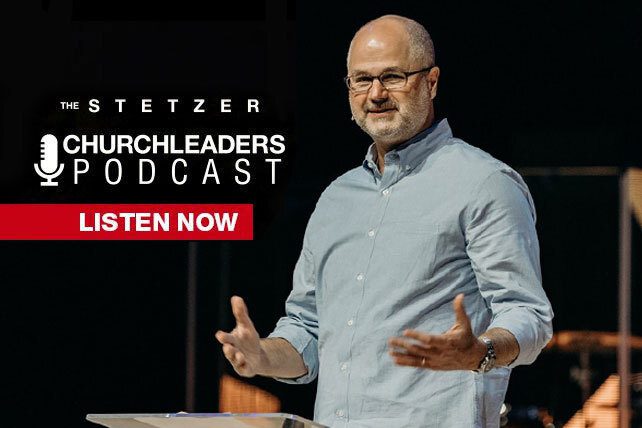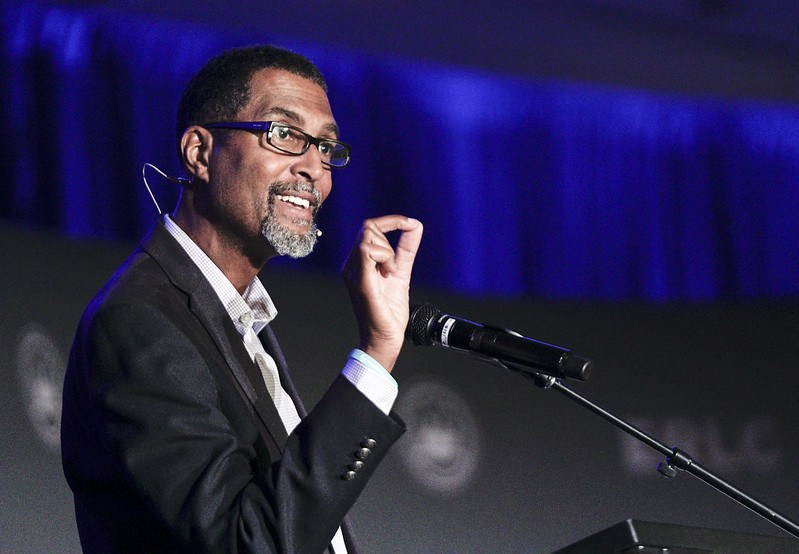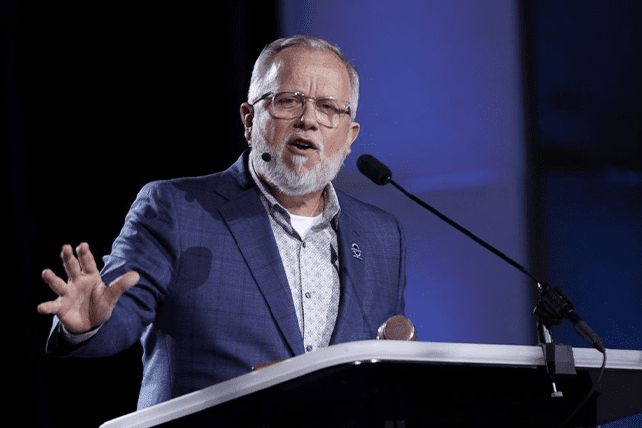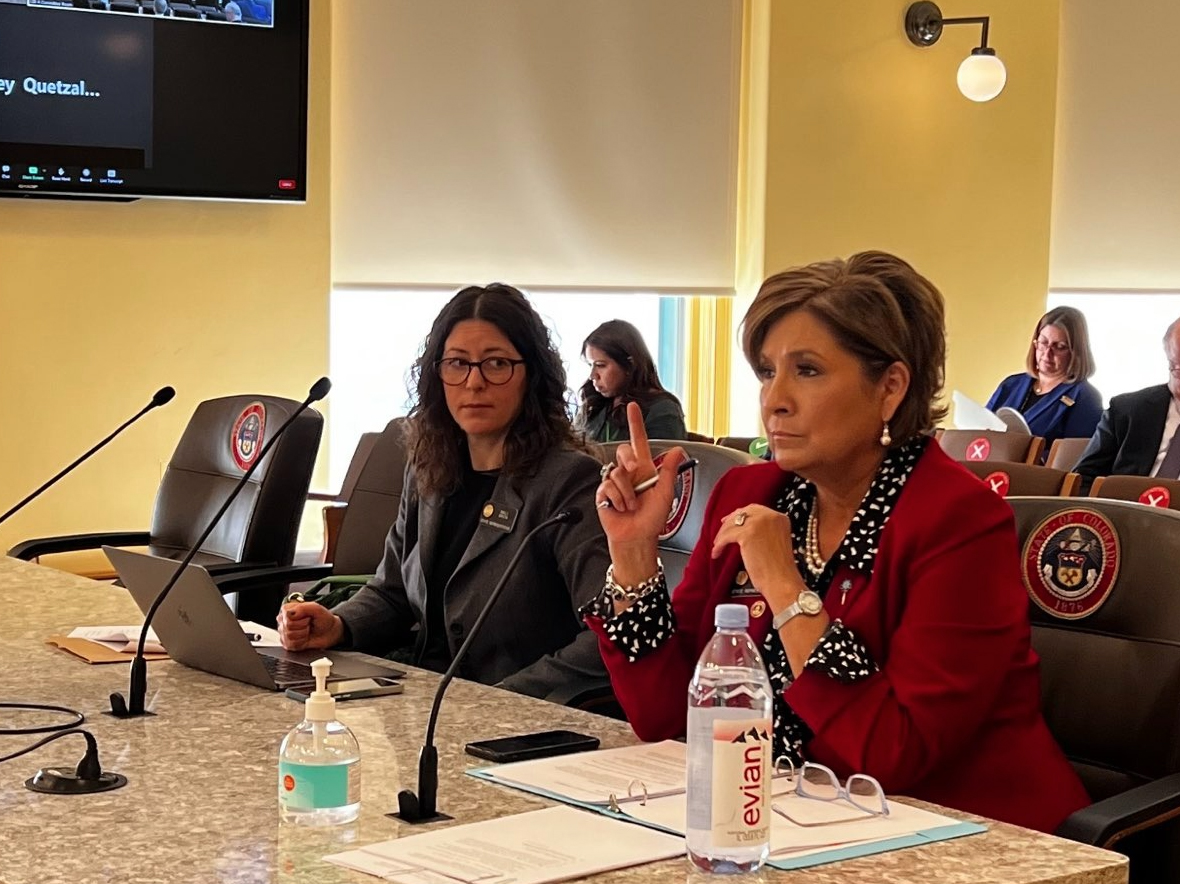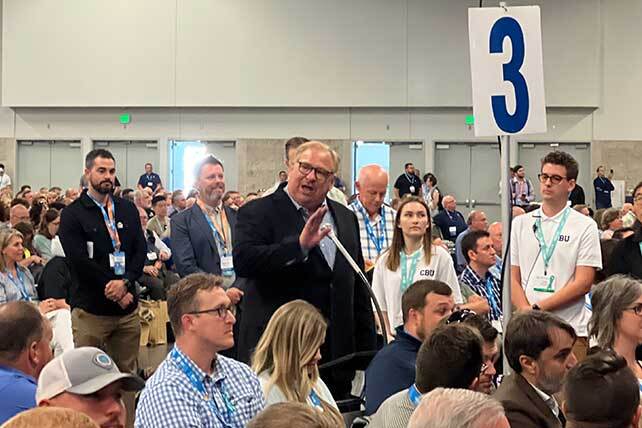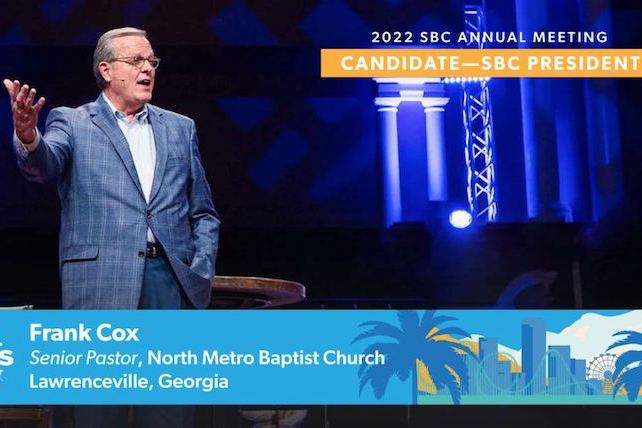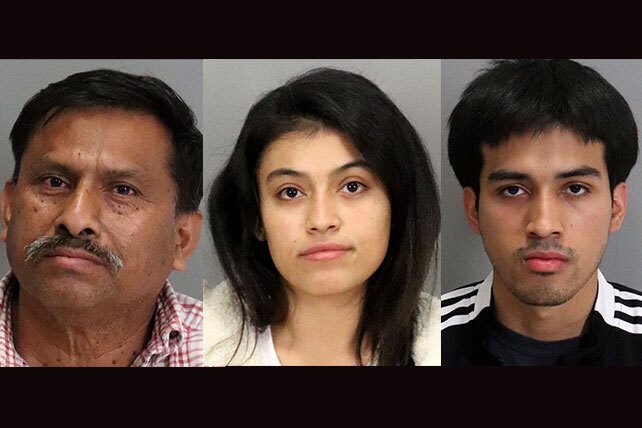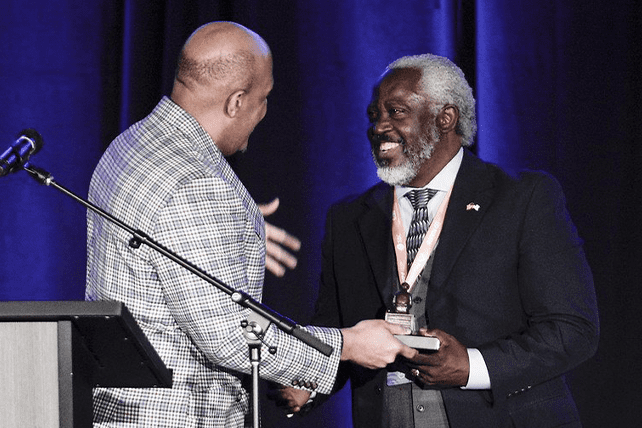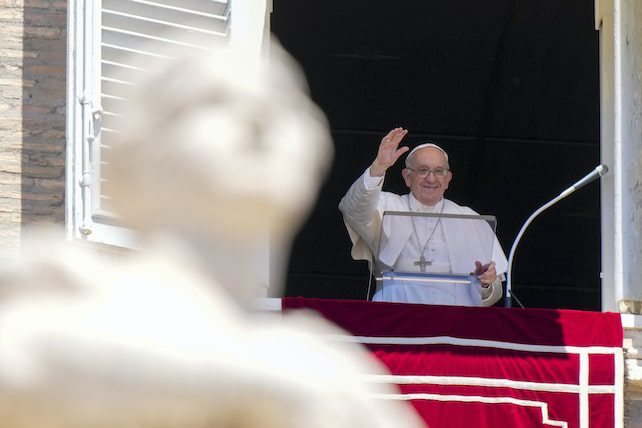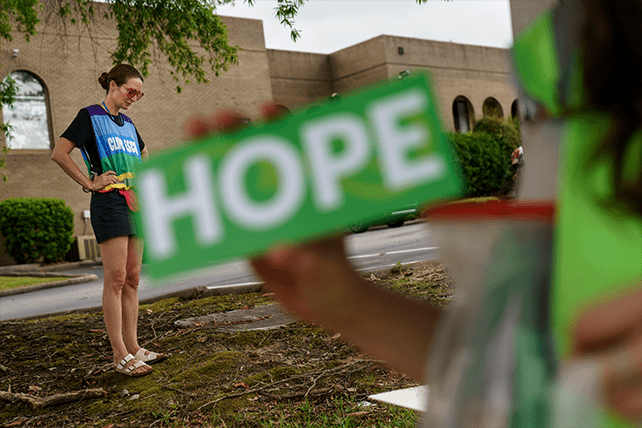On Tuesday (June 14), the SBC’s Sexual Abuse Taskforce (SATF) gave its highly anticipated report to SBC messengers in Anaheim, California, and presented recommended reforms in light of the Guidepost Solution report regarding the SBC Executive Committee’s handling of sexual abuse allegations from 2000 to 2021.
Those reforms were overwhelmingly accepted by SBC messengers.
Released in May, the SATF report revealed that the SBC Executive Committee, at the advice of legal counsel, had systematically ignored, silenced, and even marginalized victims of sexual abuse who had come forward with credible abuse allegations.
The Executive Committee’s legal counsel had also been keeping a secret list of clergy and former clergy who were known sexual predators. SBC messengers had long called for such a list to become available to local SBC churches, but the Executive Committee had contended that it was unwise to keep such a list due to possible legal exposure.
The SATF offered two recommendations for messengers to consider. The first was that the SBC president be granted the responsibility to appoint an Abuse Reform Implementation Task Force to begin to establish systems and structures of reporting and prevention. The Task Force would be appointed for one year, with messengers voting to allow the Task Force to continue its work each year until reforms are fully implemented.
The second recommendation the SATF offered was to establish a “Ministry Check” website, which will maintain a record of pastors, denominational leaders, ministry employees, and volunteers who have credible allegations of sexual abuse against them. This would include but not be limited to those who have been criminally convicted, with credible allegations of abuse determined by a preponderance of evidence.
Prior to the vote, SATF chairman Bruce Frank addressed messengers, calling it a “kairos moment.” Kairos is a biblical Greek word referring to a moment of opportunity. Directly addressing the sexual abuse survivors in the room, Frank said, “You are the heroes in this hall.”
“Today we will choose between humility or hubris. We will choose between genuine repentance or continually being passive in our approach to sexual abuse in the Southern Baptist Convention,” Frank went on to say. “We will choose between doing the best for the glory of God and for the good of people, or we will choose, again, business as usual.”
Addressing concerns regarding the SATF’s recommendations, Frank assured messengers that each recommendation had been vetted to adhere to both Southern Baptist polity and biblical mandates.
“It will take a few years to change the culture. It will take a few years to get best practices in place at all of our churches to protect better and to care better. But make no mistake: the time for action has come,” Frank said. “Without action, to act differently, there is no repentance. Regardless of the happy words, regardless of the good intentions, without repentance—a change of our mind, a change of our heart and a change of our action—we are not repenting.”
After Frank’s address and presentation of the SATF’s recommendations, the floor was open for debate.
Messengers Debate on the Floor
A number of messengers came to the microphones to voice either their concern or support for the SATF’s recommendation.


